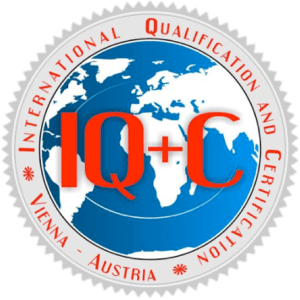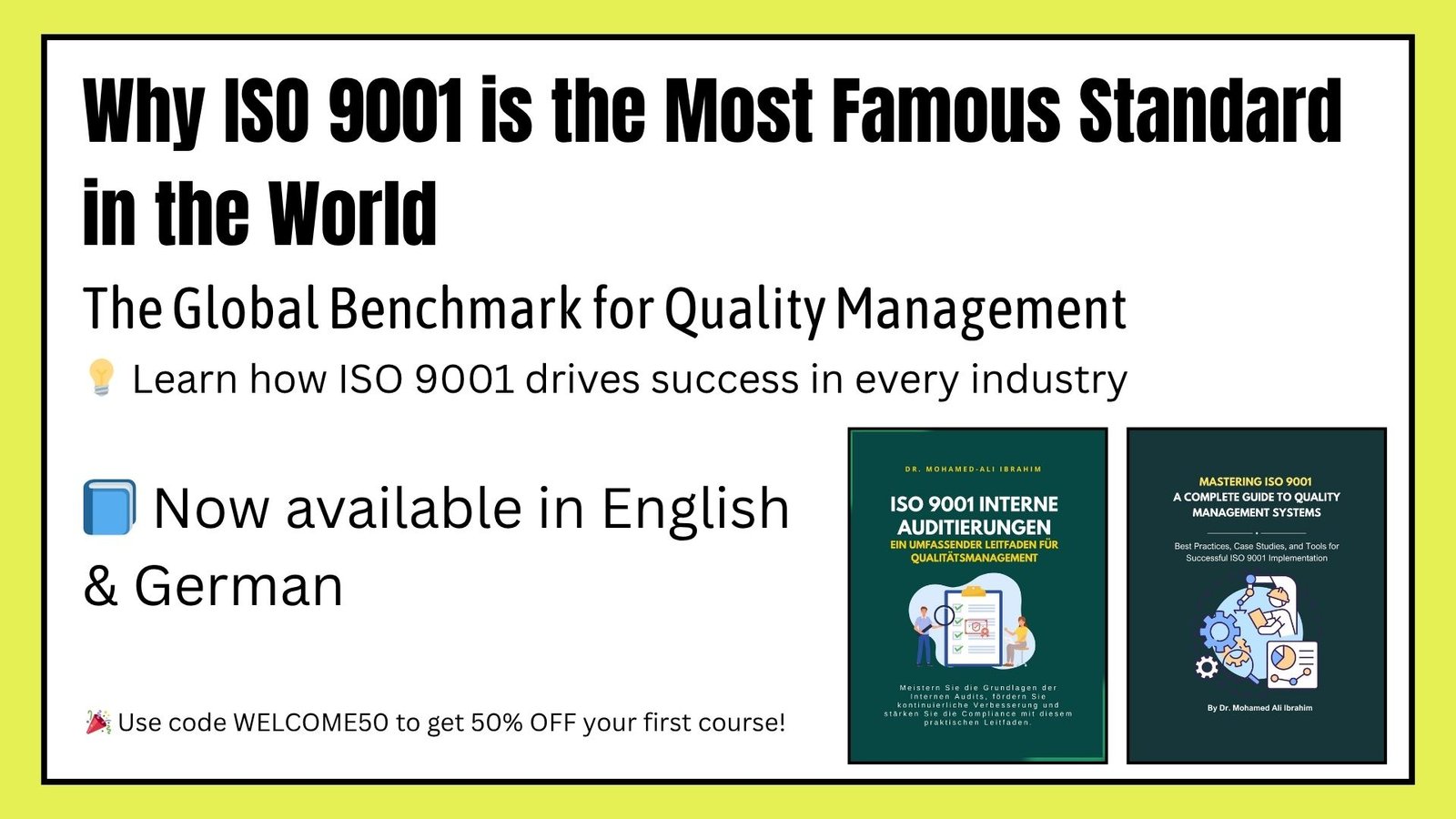Are you looking for the requirement to needs for ISO Translation Standards? The International Organization for Standardization (ISO) creates and enforces standards. This non-governmental organization is a pioneer in the development of global standards in a variety of fields. These standards play a significant role in making sure that the quality of international business transactions is met.
According to the ISO 17100:2015 standard:
“Requirements for the fundamental procedures, resources, and other components necessary for the delivery of a quality translation service that fulfills applicable specifications.”
Third-party organizations, such as TÜV AUSTRIA, take an ISO standard’s set of requirements and audit a company’s activities against those requirements. They issue a certification confirming compliance with the ISO standard in question if their procedures comply with whichever standard is audited. This certification offers proof that the company you’re investigating has done its due diligence to guarantee that quality standards are met throughout all its processes.
Minimum requirements
In comparison to EN 15038, ISO 17100 has some new features: first, it establishes minimum standards, such as the requirement for Translation to be revised by a second translator, which is a mandatory aspect of the standard.
Qualifications
Second, a new requirement regarding appropriate qualifications in the subject area for translation work is added to the standard, which states that a translator should have “a certificate of competence in translation awarded by an institute of a higher education” despite being widely and contentiously debated during its development. “As a result, the translator, reviser, and reviewer must all have sufficient understanding in the field of the texts to be translated to comprehend and address any issues.”
Pre-production
Third, the amount of effort engaged in the pre-production processes has been significantly increased. The success of a translation project, according to this ISO standard, depends on collaboration between clients and contractors, rather than being solely the responsibility of the contractors. In the meantime, all relevant requirements, such as the target text’s quality, the type and extent of quality assurance, and the use of style guides, should be determined and agreed upon ahead of time.
Process of receiving feedback
Fourth, the standard mandates a procedure for dealing with client feedback, which is utilized to determine the real quality of the translation as well as the client’s satisfaction. In the meanwhile, the translation service provider is in charge of archiving translation projects.
Data security
Finally, ISO 17100 says that data protection criteria must be satisfied because translations are sometimes confidential and involve sensitive client information.
How does ISO 17100 certification benefits translation clients?
When you choose an i-LICS / ISO 17100-certified Translation Service Provider to do translations, you can rest assured that the translations will meet crucial international standards and give consistent dependable results. Errors and inconsistencies can cause delays in the delivery of translated materials, as well as harm a client’s business performance if poor translations result in data errors, erroneous terminology in legal documents, or other potentially costly mistakes.
While compliance does not guarantee flawless translations, it does reveal whether the translation company you’re considering has a translation management system in place and qualified translators ready to deliver consistent quality in any translation projects you may have.
While this certification is extremely valuable for companies looking for qualified translators, it’s crucial to understand what ISO 17100 entails and what it doesn’t. Businesses should be aware that ISO 17100 does not apply to interpreters, or machine translation post-editing when it comes to language services. If you require interpreting services, ISO 17100 certificate can assist in establishing the credibility of a language service provider (LSP) that provides both translations and interpretations, although the certification is achieved independently of interpreting services.
In the same way, as ISO 17100 certifies translation services, additional ISO certifications validate various aspects of a company’s services and operations. ISO 9001, for example, is a standard that applies to a company’s quality management systems and has a direct impact on customer satisfaction.




Leave A Comment